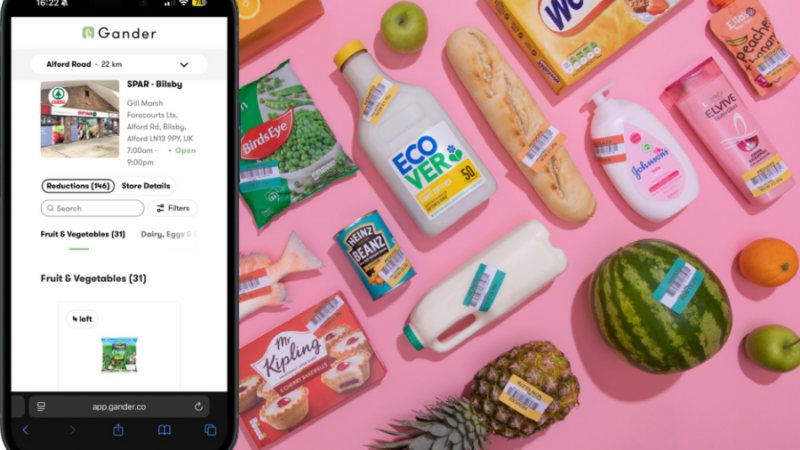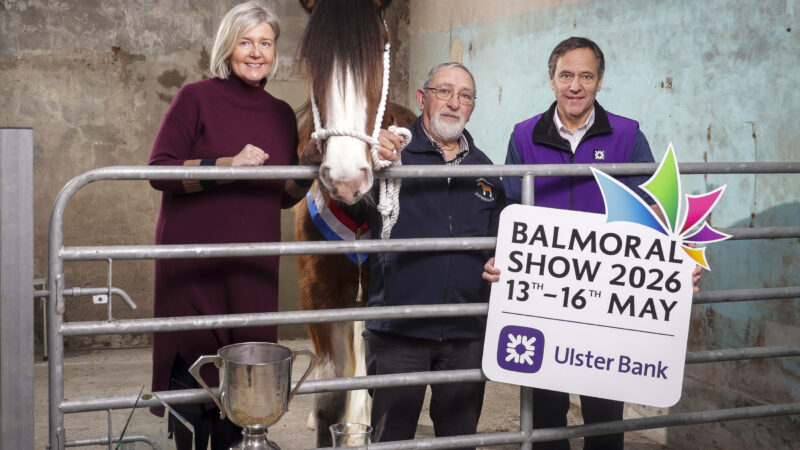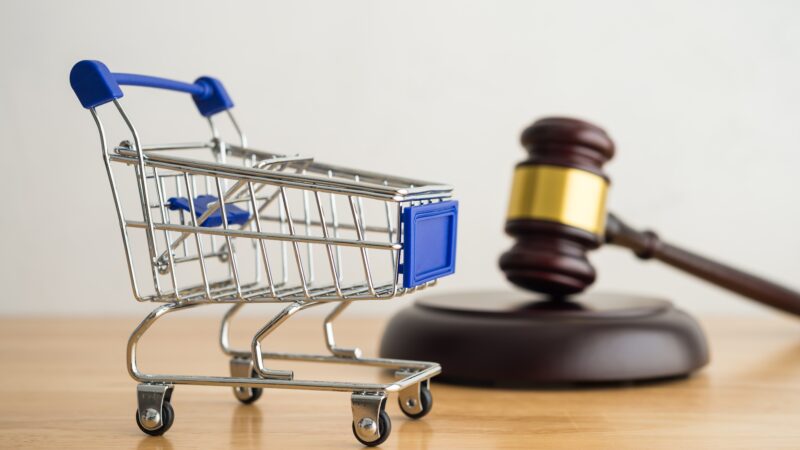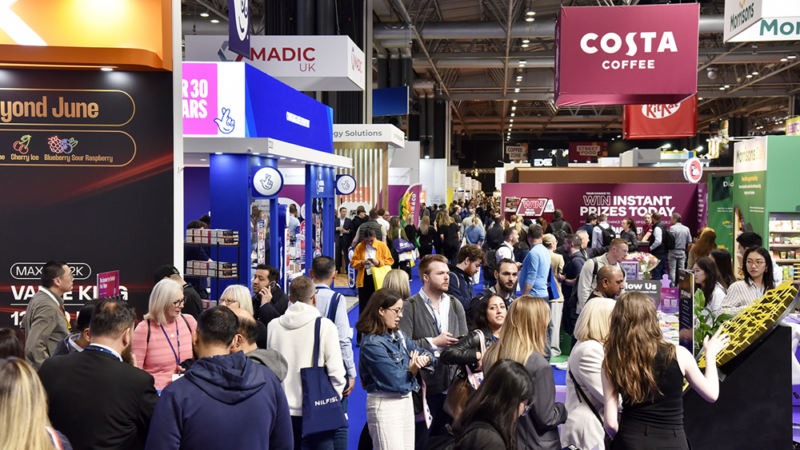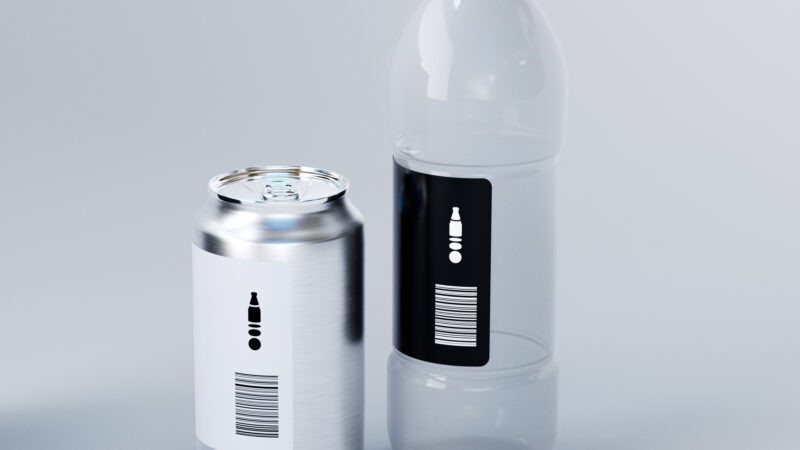Summer events shape shopping habits: Kantar

Take-home grocery sales increased by 2.2% over the four weeks to 7th July, with supermarket sales benefiting from the men’s Euros, latest statistics reveal.
Running up to the quarter-final round of the men’s UEFA European Football Championship, the latest figures from Kantar show the impact the tournament made on the sector.
The fastest rise in monthly footfall this year came as grocery price inflation falls again to 1.6%, the lowest since September 2021.
There was cause for celebration for the grocery industry, with football fans driving up beer sales by an average of 13%. Sales of crisps and snacks also got a boost, up by 5% compared with the month before.
Despite the calendar of summer events now well underway, shoppers are continuing to reach for items more typically associated with cooler weather, according to Fraser McKevitt, head of retail and consumer insight at Kantar.
“We’re still waiting for the great British summer to break through the clouds, and we’re seeing the effects of that in our shopping baskets,” he said.
“Over the past three months, sales of cold and flu treatments jumped by 35%, while sun cream dipped by 10% compared with last year, when we were enjoying the warmest June on record. Some shoppers aren’t letting the disappointing weather dull their glow, however, pushing up sales of artificial tan by 16%.”
‘The retail landscape looks very different from 2010 when the last Labour government was in power – and so do our shopping trolleys’
Grocery price inflation fell again this month to 1.6% – its lowest figure since September 2021. The drop coincided with the fastest rise in monthly footfall so far in 2024. Britons made 2% more trips to the supermarket this period than they did one year ago. As pressure on pockets eased, sales of branded products increased by 3.6%, outpacing own-label items at 2.7%.
Amid signs that consumer confidence is improving, Fraser McKevitt added that retailers will be turning their attention to the King’s Speech on 17th July to see what the newly-elected government’s legislative agenda holds for the grocery sector.
“The retail landscape looks very different from 2010 when the last Labour government was in power – and so do our shopping trolleys,” he added.
“As diets have evolved, sales of popcorn, peanut butter and chilled vegetarian products, such as sausages and grills, have more than trebled. We’re also more likely to have premium ground and bean coffee in our cups now.”
Meanwhile, Lidl saw a 7.8% jump in sales, bringing its share of the market to 8.1%. Britain’s largest grocer, Tesco achieved its biggest share gain since November 2021, taking 27.7% of the market – a 0.7 percentage point increase versus last year. Sainsbury’s boosted sales by 4.7% over the latest 12 weeks, bringing its share to 15.3% up from 14.9%, while Asda holds a 12.7% share. Co-op has a 5.7% share, and Iceland maintains its 2.3% portion of the market, nudging up its sales by 4.1%.

